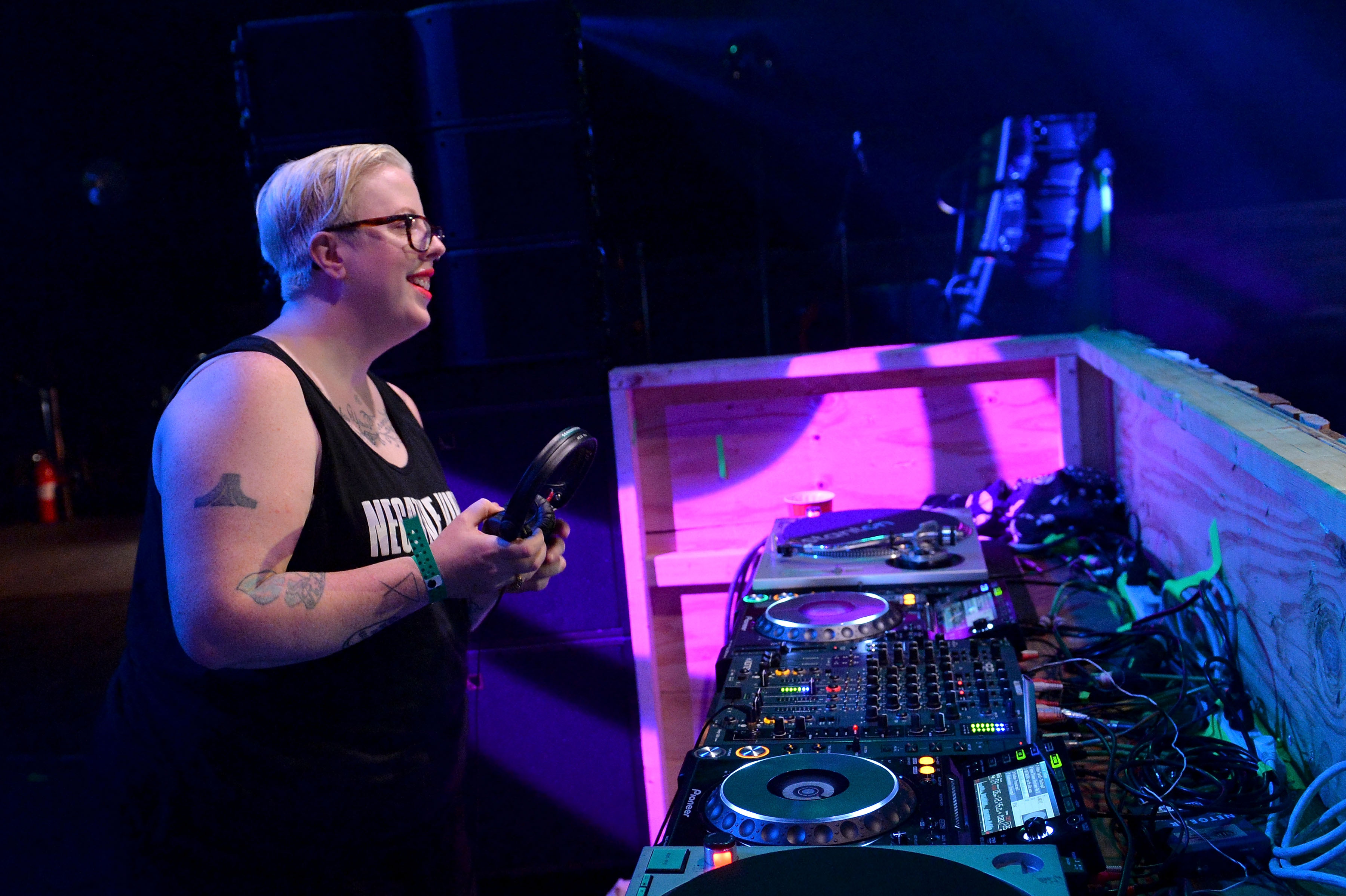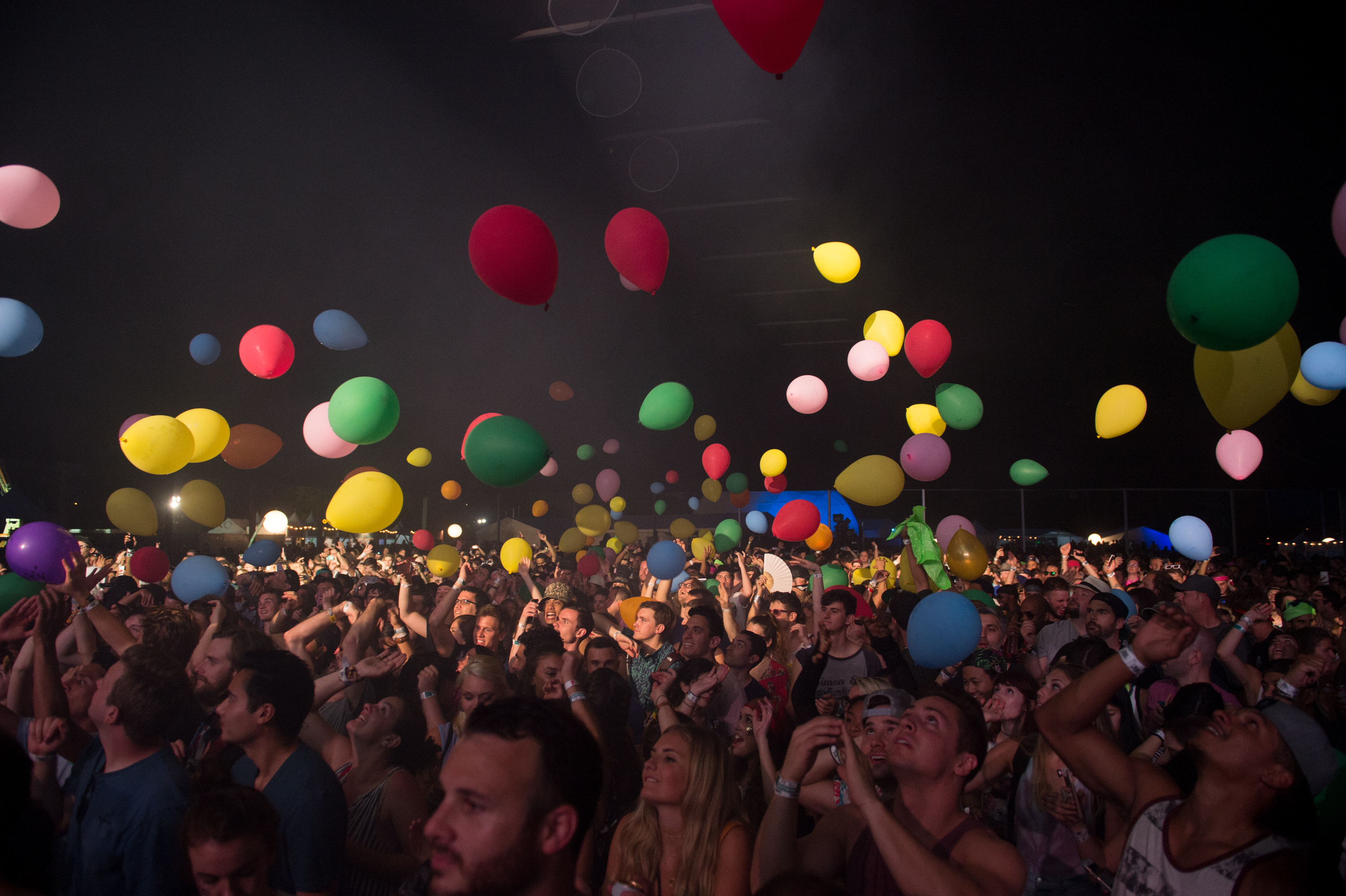Panorama is the ideal vision of a midsummer break: raucous music in a tranquil setting, a three-day weekend that feels like a wormhole to a better, freer, happier existence. The third edition takes place this July 27th through 29th on Randall’s Island Park in New York City. Like the last two installments, Panorama 2018 will feature some of the most consequential pop artists from this generation and the one before: this year the three headliners are The Killers, The Weeknd, and Janet Jackson.
But a great festival runs much deeper than the top of the marquee. In addition to celebrating the local food and culture –– along with eye-popping art and technology –– Panorama digs deeper into the country’s music scene, pulling some of its most exciting and most daring acts, ones that might be flying below the radar of national fans. One such artist is The Black Madonna, a world-beating DJ and producer who’s emerged, in the last couple of years, as a favorite among dance music critics and fans, and who is sure to bring a jolt of light and energy to Panorama this July.
Of course, these last few years are only the tip of the iceberg. The Black Madonna was born Marea Stamper and grew up in rural Ky.; by the time she was in high school, she was hustling mixtapes at parties in warehouses and in open fields. She dropped out of school and got her GED, then began DJing while attending the University of Louisville. It was a post-college stint in Chicago that both helped define her taste and point of view in dance music and, briefly, sent her away from the big-city club scene. But it was a return to Ky. that set her on her current path: untethering herself from trends and calcifying a new identity.
She’s spent the past half-decade as one of the most revered figures in dance music, an advocate for justice and equality and punishingly good mixes. Her sets are given to juxtaposition –– not just between different styles or eras, but between rarities and pop fare. And yet that juxtaposition is not a gimmick, an ironic nod to the Top 40. Instead, she finds sincere connections between seemingly disparate pieces of music, and ties them together in a way that bathes each component part in a new light and makes for a new, revelatory whole.
The Black Madonna is the kind of artist who, when you see her play, might expose you to art you’d never experienced before, work you never knew could exist. But she’s not trafficking in pedantry. Her sets are visceral experiences, blocks of time where you’re allowed to shed one version of yourself and discover something entirely new. And is that not the ideal respite to come in the middle of a long, hot summer?





